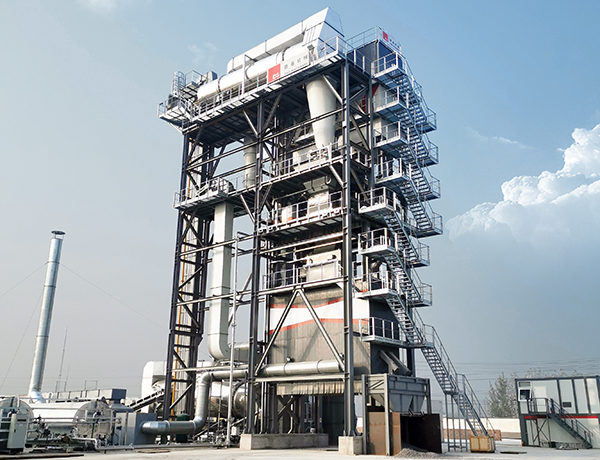A pavement plant, often referred to in the construction industry as an asphalt plant, serves a critical role in the production of asphalt mixes used for paving roads, highways, and other surfaces. The process begins with the careful selection of raw materials, including aggregates, sand, and asphalt binder. These materials must meet stringent quality standards to ensure durability and performance in various environmental conditions.
At the heart of a pavement plant, the mixing process involves heating the aggregates and thoroughly blending them with the asphalt binder to create a homogeneous mixture. This mixture can then be tailored to specific project requirements, incorporating additives for enhanced performance or specialized purposes. The efficiency of this process is crucial, as the quality of the finished product directly impacts the longevity and safety of the paved surface.
Control systems play a pivotal role in modern pavement plants, allowing operators to monitor and optimize the production process. These systems ensure that the ratios of various materials are maintained consistently, which is vital for achieving the desired performance characteristics of the asphalt. Automation in the mixing and production processes has led to increased accuracy and reduced waste, contributing positively to both economic and environmental aspects of pavement production.
Transportation of the finished asphalt mix is another important aspect of pavement plants. The mix must be delivered to the construction site in a timely manner, ensuring that it remains at the optimal temperature for application. This requires efficient logistics and coordination, often involving the use of specialized trucks equipped with insulated bodies to preserve heat.
In conclusion, pavement plants are essential to the infrastructure development sector, contributing significantly to the construction of resilient and high-quality road surfaces. With advancements in technology and a focus on sustainability, the future of pavement production looks promising, aiming to support the growing demands of urban development and transportation needs.
Content Disclaimer
The content provided on this website is for informational purposes only. Some of the information, articles, images, and other materials available on this site may be sourced from third-party websites and public domain resources. While we make every effort to ensure the accuracy and reliability of the information, we do not take responsibility for the content provided by external sources.
